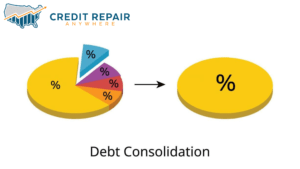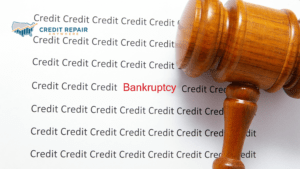Why you should fix your credit score
Even if you currently meet the mortgage lender’s minimum credit score requirement, you should aim for the highest credit score possible. That’s because lenders decide your creditworthiness largely based on your FICO scores, and base your loan’s terms on your creditworthiness; this is why you should fix your credit score.
The lowest interest rates are generally reserved for consumers with the strongest credit rating, and an interest rate of just one percent lower could result in substantial savings on interest over the loan term. You’ll also get a more affordable monthly payment.
To illustrate, assume you’re seeking a $350,000, 30-year fixed-rate mortgage. If your credit score is 740 and you qualify for a 6.5 percent interest rate, you’ll pay $2,212 per month (principal and interest only) and $446,583 in interest over the life of the loan. But if your credit score is 650 and the lender offers you a rate of 7.5 percent, your monthly payment increases to $2,447. Furthermore, the interest you’ll pay for the duration of the loan is $531,258.
Average interest rates
There are general average interest rates for the different FICO scores — or strictly speaking, FICO score ranges. (Of course, it can vary by individual lender, and other factors beyond your credit score can influence their decision, too). For example, on a $216,000 30-year, fixed-rate mortgage, the interest rates loan applicants qualify for as of early October 2022, based on their FICO score, are as follows:
| FICO score | Average interest rate |
|---|---|
| 620 to 639 | 7.97% |
| 640-659 | 7.42% |
| 660-679 | 6.99% |
| 680-699 | 6.78% |
| 700-759 | 6.6% |
| 760-850 | 6.38% |
| Source: myFICO |
Before taking the next steps towards improving or fix your credit health, it’s vital to understand how your credit score is calculated. Doing so helps you know which areas of your credit profile to focus on.
The FICO credit-scoring model, which is used by 90 percent of creditors to make a lending decision, consists of five components:
- Payment history: 35 percent of your credit score
- Amounts owed: 30 percent of your credit score
- Length of credit history: 15 percent of your credit score
- Credit mix: 10 percent of your credit score
- New credit: 10 percent of your credit score
Improving your score
There are several ways to fix your credit score before applying for a mortgage. The first step is to get a copy of your credit report from the three major credit bureaus: Experian, TransUnion and Equifax.
Review the reports and identify negative items impacting your credit health, so you know what to focus on first. Also, dispute any errors you find with the credit bureaus and creditors to have them rectified.
Below are some additional actions you can take to get your credit score trending in the right direction.



